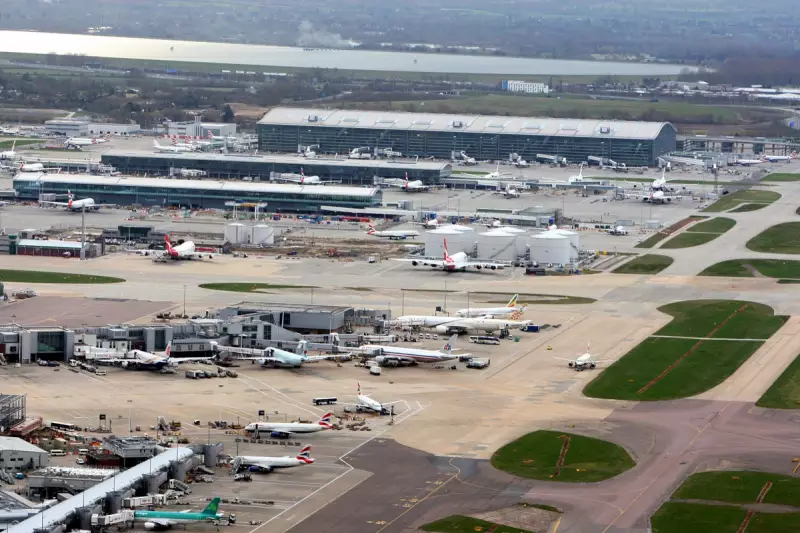
In a seismic shift for UK aviation policy, the government has effectively abandoned its long-standing support for a controversial third runway at Heathrow Airport. The move, discovered by The Independent, deals a potentially fatal blow to the multi-billion pound expansion project.
The Department for Transport (DfT) has quietly scrubbed its explicit backing for the runway from its official air transport policy document, a critical pillar for the project's approval. This strategic withdrawal removes the essential political foundation the scheme needed to proceed.
A Victory for Environmental Campaigners
This decision represents a monumental victory for environmental groups, local residents, and climate activists who have fiercely opposed the expansion for over a decade. They have consistently argued that a new runway would exacerbate noise pollution, increase air quality issues for West London, and severely undermine the UK's legally binding commitment to reach net-zero carbon emissions by 2050.
The government's updated policy now frames airport expansion as a matter for the industry itself to propose, rather than a centrally planned national objective. This aligns with its wider net-zero strategy, which demands a significant reduction in the UK's carbon footprint.
Heathrow's Ambitions Grounded
For Heathrow Airport, this is a devastating setback. The third runway was the cornerstone of its strategy to compete with other European hub airports like Paris and Amsterdam. The airport had already spent over £4 billion on the project despite not having final government approval.
Heathrow executives now face the daunting task of convincing private investors to fund the project without the crucial backing of the state, a prospect most analysts consider highly unlikely.
The Ripple Effect on UK Aviation
The government's U-turn signals a new era for UK transport policy, where climate targets are prioritised over unchecked capacity growth. The focus is now expected to shift towards improving surface transport links to existing airports and encouraging the development of sustainable aviation fuels, rather than building new runways.
This decision leaves a significant question mark over the future of UK aviation capacity and its ability to compete on the global stage, balancing economic demands with urgent environmental responsibilities.





